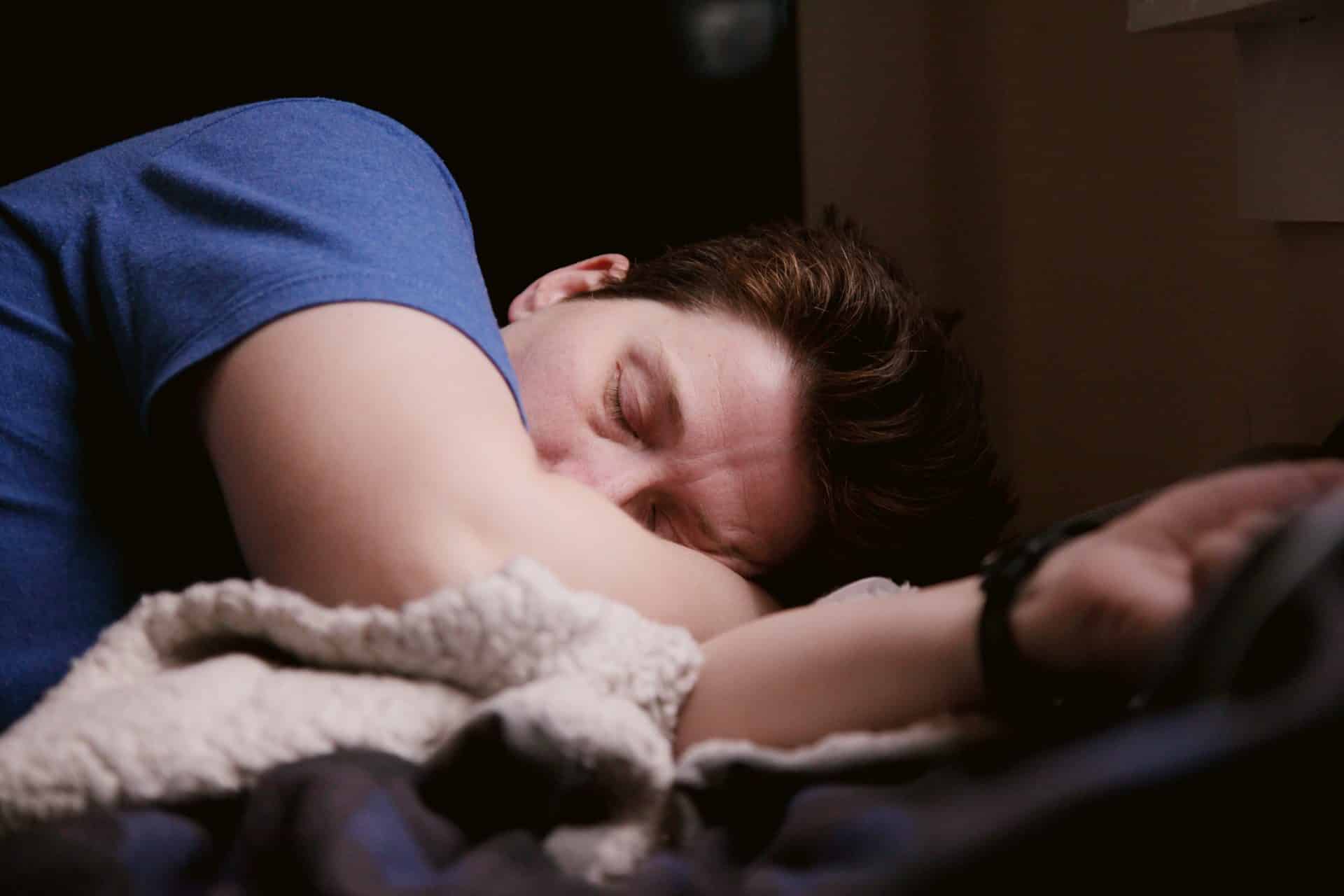Fighting drug addiction is often both a mental and physical fight. But, is addiction more mentally or physically intense to fight? It depends a lot on the substance, how long you’ve been taking it, and your personal circumstances. This post weighs up both the mental and physical side of addiction.
The physical aspect of addiction
When you regularly take a drug, your body can start to develop a dependence on it. After the high wears off, you may start to experience physical withdrawal symptoms.
With a mild drug like caffeine, physical withdrawal symptoms may only include a headache and fatigue. With drugs like heroin and methamphetamine, such withdrawal symptoms can be more severe and may include nausea, stomach ache, vomiting, sweating, dehydration, tremors, and even a fever.
Withdrawal symptoms are typically very uncomfortable and as a result, people with addiction will do anything to relieve this discomfort – the quickest solution being to relapse and take more of the drug. Such withdrawal symptoms may last as long as 10 days, often being their worst in the first few days.
The more regularly you take a drug and the longer you have been taking it, the more severe your physical withdrawal symptoms are likely to be. It is therefore not recommended that people with a serious long-term addiction attempt to go ‘cold turkey’ on their own. Partial hospitalization is often safer and much more effective – medication may be administered to reduce physical withdrawal symptoms and patients can be given the right amounts of water to prevent severe dehydration (the biggest physical danger of addiction).
The mental aspect of addiction
When addicted to a drug, our brain craves the reward of getting high. If we don’t get this high, many of us start to experience mental withdrawal symptoms, which can range from irritability and anxiety to vivid hallucinations and suicidal thoughts. The latter tends to occur with harder drugs like heroin and meth and may be another reason for seeking partial hospitalization to prevent self-harm or a panic attack.
These initial mental withdrawal symptoms may wear off after 10 days along with physical withdrawal symptoms. However, that doesn’t mean that there still aren’t mental side effects. The urge to feel that high again is always going to be there, which is why some people relapse months or even years later. Social pressures and boredom can play a big part – especially with widely available substances like alcohol.
Some people also rely on substances to self-medicate mental illness. Something like cocaine might temporarily get rid of someone’s social anxiety, while something like alcohol may numb feelings of depression. Unless someone with an addiction is able to find a healthier form of medication, these mental illnesses may end up getting worse – it can be easy to return to drugs simply to combat these mental illnesses.
This is why ongoing psychological treatment is needed to help fight addiction. Following partial hospitalization to overcome physical withdrawal symptoms, treatment options such as an intensive outpatient program or a regular outpatient program may be needed. These programs can help patients to develop coping mechanisms for dealing with mental illnesses that don’t involve drugs, as well as help patients, fight social pressures to relapse.
Is Addiction More Mentally Or Physically Intense To Fight?
Physical withdrawal symptoms can be very intense, however, they are typically more short-term than mental withdrawal symptoms. After 10 days, it’s unlikely you’ll experience any physical symptoms – your body learns to cope without the drug and starts working normally again.
The mental withdrawal symptoms however never stop. They are unlikely to be as severe after 10 days, but you could still experience cravings now and again. When you’re feeling down, these mental cravings may become more intense. You may also find yourself tempted to relapse if you’re around people taking the drug. Of course, the longer you hold out, the less frequent these cravings will become.
It depends a lot on whether you’re using drugs to self-medicate mental illness and whether you’ve got a lot of social pressures around you, however in most cases fighting addiction is more mentally intense. Professional support is still necessary to beat physical withdrawal symptoms when fighting serious addictions, however, almost all people with addiction benefit from seeking out support for mental withdrawal symptoms. This is something to consider if you’ve been thinking of quitting a substance alone – even if you’ve managed to overcome the physical withdrawal stage on your own, it may still benefit you to seek out psychological support to keep you on the right track. Of course, you can get treatment for both at the same time if you feel that it is necessary.

